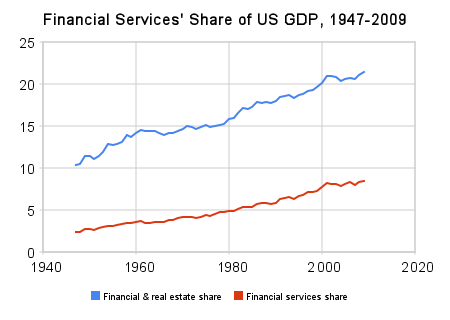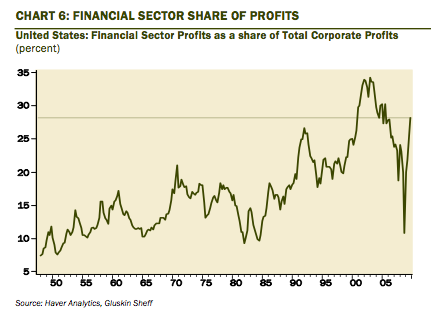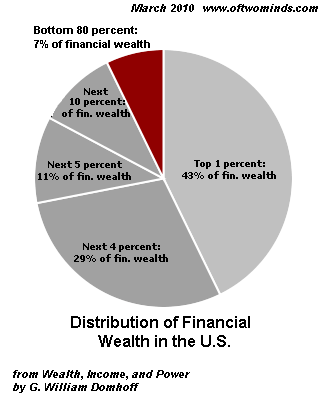Should we be calm, learn a few more details… or melt down tankers of tar and pluck tons of feathers? Oh y’just gotta know this tidbit. At least read the apex of sloppy in the last paragraph.
Mortgage Electronic Registration System
As a practical matter, the incoherence of MERS’ legal position is exacerbated by a corporate structure that is so unorthodox as to arguably be considered fraudulent.
Because MERSCORP is a company of relatively modest size, it does not have the personnel to deal with legal problems created by its purported ownership of millions of home mortgages.
To accommodate the massive amount of paperwork and litigation involved with its business model, MERSCORP simply farms out the MERS, Inc. identity to employees of mortgage servicers, originators, debt collectors, and foreclosure law firms. MERS invites financial companies to enter names of their own employees into a MERS webpage which then automatically regurgitates boilerplate “corporate resolutions” that purport to name the employees of other companies as “certifying officers” of MERS.
These certifying officers also take job titles from MERS stylizing themselves as either assistant secretaries or vice presidents of MERS, rather than the company that actually employs them.
These employees of the servicers, debt collectors, and law firms sign documents pretending to be vice presidents or assistant secretaries of MERS, Inc. even though neither MERSCORP, Inc. nor MERS, Inc. pays any compensation or provides benefits to them. Astonishingly, MERS “vice presidents” are simply paralegals, customer service representatives, and foreclosure attorneys employed by other companies.
MERS even sells its corporate seal to non-employees on its internet web page for $25.00 each. Ironically, MERS, Inc.—a company that holds 60% of the nation’s residential mortgages—does not have any of its own employees but still purports to have ‘thousands’ of assistant secretaries and vice presidents.
And read John Mauldin’s Debacle: Act 2.
Sloppy Sloppy Sloppy isn’t over ’til it’s over.
Read this too. It’s mature. It’s about where modern individualism and the essential institutions of modern life meet. J. M. Bernstein on roulette with the future of the nation:
Clearly, political deal-making and the influence of Wall Street over our politicians is part of the explanation for this failure; but the failure also expressed continuing disagreement about the nature of the free market.
…the banker believes that only raw self-interest, the profit motive, ever leads to successful actions. [But finally], it is not motives but actions that matter, and how those actions hang together to make a practical world.

 The average U.S. household has to pay an exorbitant amount of money for an Internet connection that the rest of the industrial world would find mediocre.
The average U.S. household has to pay an exorbitant amount of money for an Internet connection that the rest of the industrial world would find mediocre. Our creaky Internet makes it harder for U.S. entrepreneurs to compete in global markets.
Our creaky Internet makes it harder for U.S. entrepreneurs to compete in global markets.




